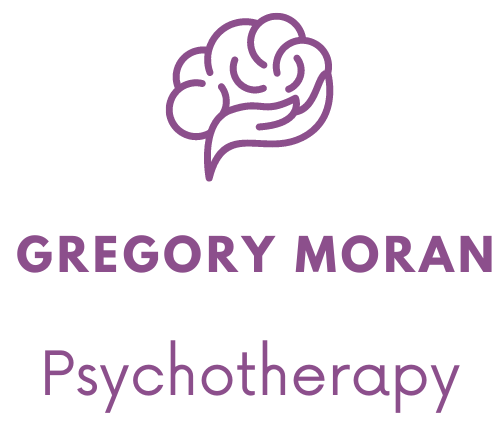Mindfulness
“Mindfulness is the awareness that arises when we pay attention, on purpose, in the present moment, non-judgmentally.” – Jon Kabat-Zinn
What is Mindfulness
Mindfulness is a mental practice and state of awareness characterized by paying deliberate and non-judgmental attention to the present moment. It involves intentionally bringing one’s focus to the present moment while acknowledging and accepting one’s thoughts, feelings, bodily sensations, and surrounding environment without judgment or reaction.
Key features of mindfulness include:
- Present Moment Awareness: Mindfulness involves directing attention to the present moment, rather than dwelling on the past or worrying about the future. It involves fully engaging with and experiencing the here and now, moment by moment.
- Non-judgmental Awareness: Mindfulness encourages an attitude of non-judgmental acceptance toward one’s experiences, thoughts, and emotions. Rather than labelling experiences as “good” or “bad,” individuals observe their thoughts and feelings with curiosity, openness, and compassion.
- Observing and Describing: Mindfulness involves observing internal experiences (thoughts, emotions, bodily sensations) and external stimuli (sounds, sights, smells) without attachment or aversion. Individuals learn to describe their experiences with curiosity and objectivity, rather than reacting automatically.
- Acceptance and Equanimity: Mindfulness emphasizes acceptance of one’s experiences as they are, without trying to change or control them. It involves cultivating a sense of equanimity or balance, allowing experiences to come and go without getting caught up in them.
- Focused Attention and Concentration: Mindfulness involves cultivating focused attention and concentration on a chosen object of awareness, such as the breath, bodily sensations, or a specific point of focus. Individuals practice bringing their attention back to the present moment whenever their mind wanders.
- Self-Regulation and Emotional Regulation: Mindfulness practices help individuals develop greater self-awareness and emotional regulation skills. By observing their thoughts and emotions with mindfulness, individuals can respond to challenging situations with greater clarity, resilience, and self-control.
- Mindful Action: Mindfulness extends beyond formal meditation practices and into everyday life. Individuals learn to apply mindfulness principles to their daily activities, interactions, and decision-making processes, leading to greater intentionality, effectiveness, and well-being.
Mindfulness practices can take many forms, including mindfulness meditation, mindful breathing exercises, body scan meditations, mindful movement practices (e.g., yoga, tai chi), and informal mindfulness practices (e.g., mindful eating, mindful walking). Regular mindfulness practice has been associated with numerous physical, psychological, and emotional benefits, including stress reduction, improved focus and concentration, enhanced emotional regulation, increased resilience, and greater overall well-being.
